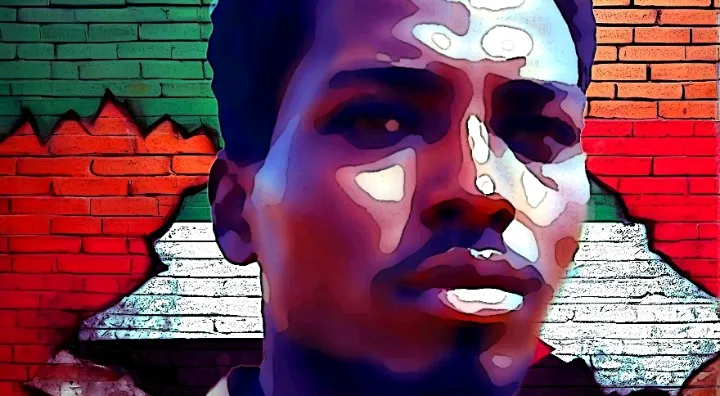Sudan's Civil War: A Nation in Turmoil and the Imperative for Global Action
The Sudanese civil war, a seemingly endless saga of violence and political chaos, has once again catapulted this beleaguered nation into the international spotlight. While the world watches in muted horror, the conflict between the Sudanese Armed Forces (SAF) and the Rapid Support Forces (RSF) continues unabated, creating a humanitarian crisis of epic proportions. The genesis of this turmoil lies in Sudan's complex historical tapestry, woven with ethnic divisions, political betrayals, and economic despair. Let's dive deep into the quagmire that is Sudan, with a bit of dry wit to lighten the otherwise grim narrative.
The Genesis of Conflict: A Brief History
Sudan's modern history reads like a tragic novel. Since gaining independence from British-Egyptian rule in 1956, the country has experienced more years of civil war than peace. The first Sudanese civil war 1955 to 1972 was followed by a second 1983 to 2005, which resulted in the secession of South Sudan in 2011. If Sudan's past were a movie, it would be one long sequel of conflict with an ensemble cast of military strongmen and rebel leaders.
The current civil war erupted in April 2023, adding yet another bloody chapter to Sudan's history. The fragile transitional government, established after the ousting of longtime dictator Omar al-Bashir in 2019, was an experiment in shared power that could have been inspired by a Monty Python sketch—tragically doomed from the start. General Abdel Fattah al-Burhan of the SAF and General Mohamed Hamdan Dagalo (Hemedti) of the RSF, erstwhile allies, turned on each other in a violent struggle for control, plunging the nation into chaos.
The Humanitarian Catastrophe: Numbers and Narratives
The human cost of this conflict is staggering. According to the United Nations, over 3,000 civilians have been killed, and more than 5 million people have been displaced since the fighting began. The RSF's recent assault on Al-Fashir in North Darfur alone resulted in 22 deaths and 75 injuries, illustrating the relentless brutality of the conflict. The UN High Commissioner for Refugees (UNHCR) has called the situation a "humanitarian catastrophe," with millions facing severe shortages of food, water, and medical care.
"Sudan is in freefall," remarked Filippo Grandi, the UN High Commissioner for Refugees. "We are witnessing a humanitarian disaster unfold before our eyes, with millions in desperate need of assistance." His words, heavy with the weight of the unfolding tragedy, underscore the dire reality on the ground.
Global Political Reactions: Condemnations and Calls for Peace
The international community, predictably outraged, has responded with a chorus of condemnation and calls for peace. U.S. Secretary of State Antony Blinken, never one to mince words, declared, "The violence in Sudan is unacceptable and must cease immediately. We call on all parties to prioritize the lives and safety of civilians and work towards a peaceful resolution." British Foreign Secretary Liz Truss echoed these sentiments, adding, "The international community must come together to support Sudan in this time of dire need. We cannot turn a blind eye to the suffering of millions."
The European Union, not to be outdone, has also been vocal. Josep Borrell, the EU's High Representative for Foreign Affairs and Security Policy, stated, "The EU condemns the ongoing violence in Sudan and urges all parties to engage in dialogue. We stand ready to support humanitarian efforts and assist in peace negotiations." These statements, while noble, do little to alleviate the suffering of those caught in the crossfire.
On-the-Ground Realities: Voices from the Abyss
The situation on the ground is a tapestry of misery, with local leaders and humanitarian workers issuing urgent appeals for aid. Dr. Amira Osman, a humanitarian worker in Khartoum, described the collapse of essential services: "Hospitals are overwhelmed, and people are dying from treatable conditions. The world must act now to save lives." Her plea is a haunting reminder of the human cost of political machinations.
Médecins Sans Frontières (Doctors Without Borders) has reported that medical facilities in conflict zones are barely functioning. "We are seeing a total collapse of the healthcare...




